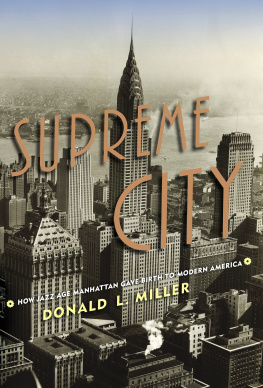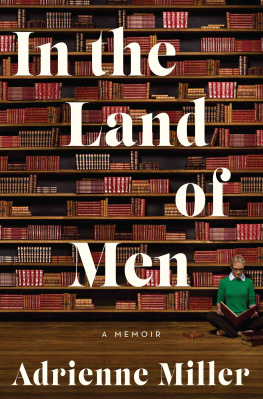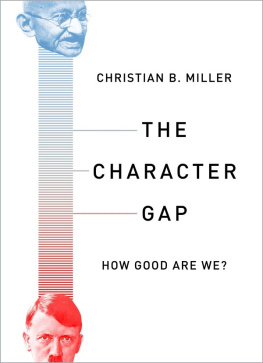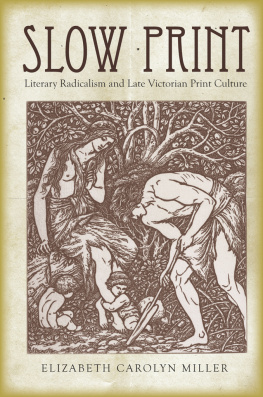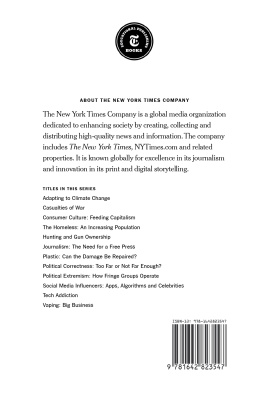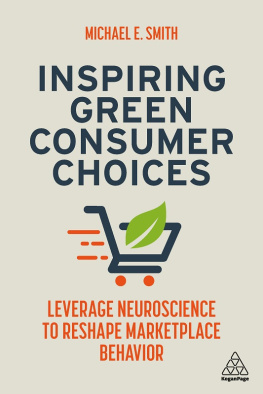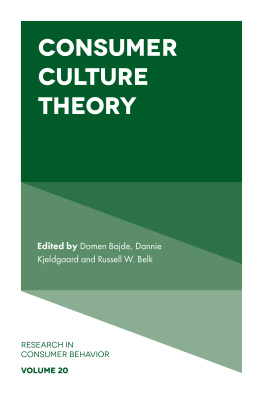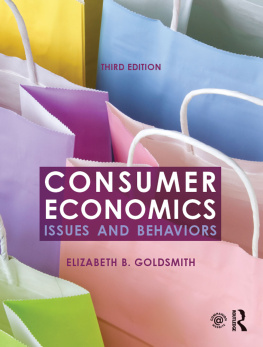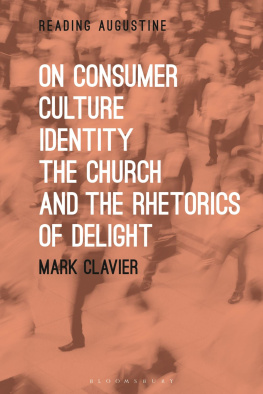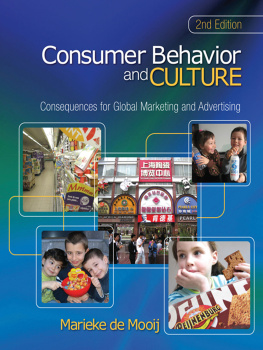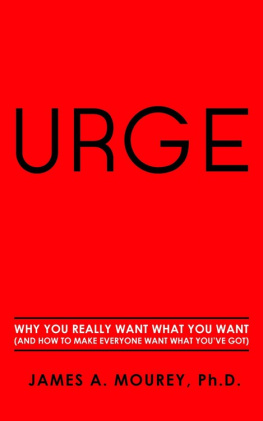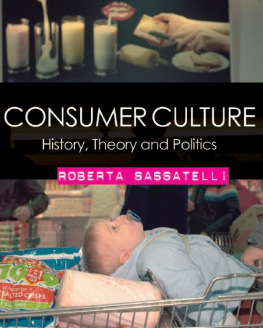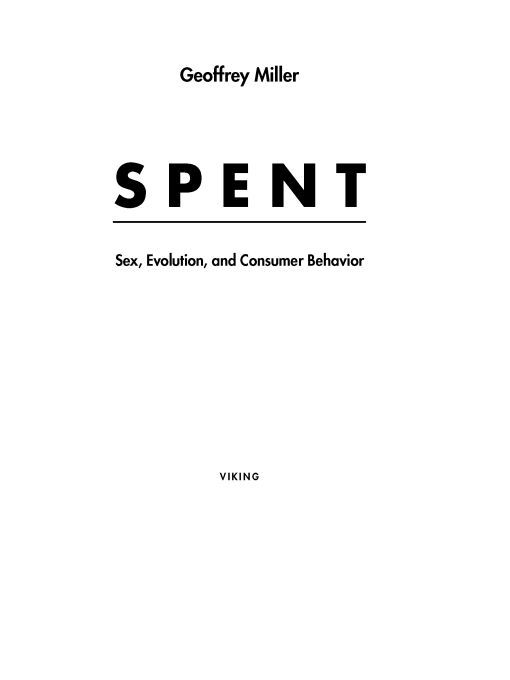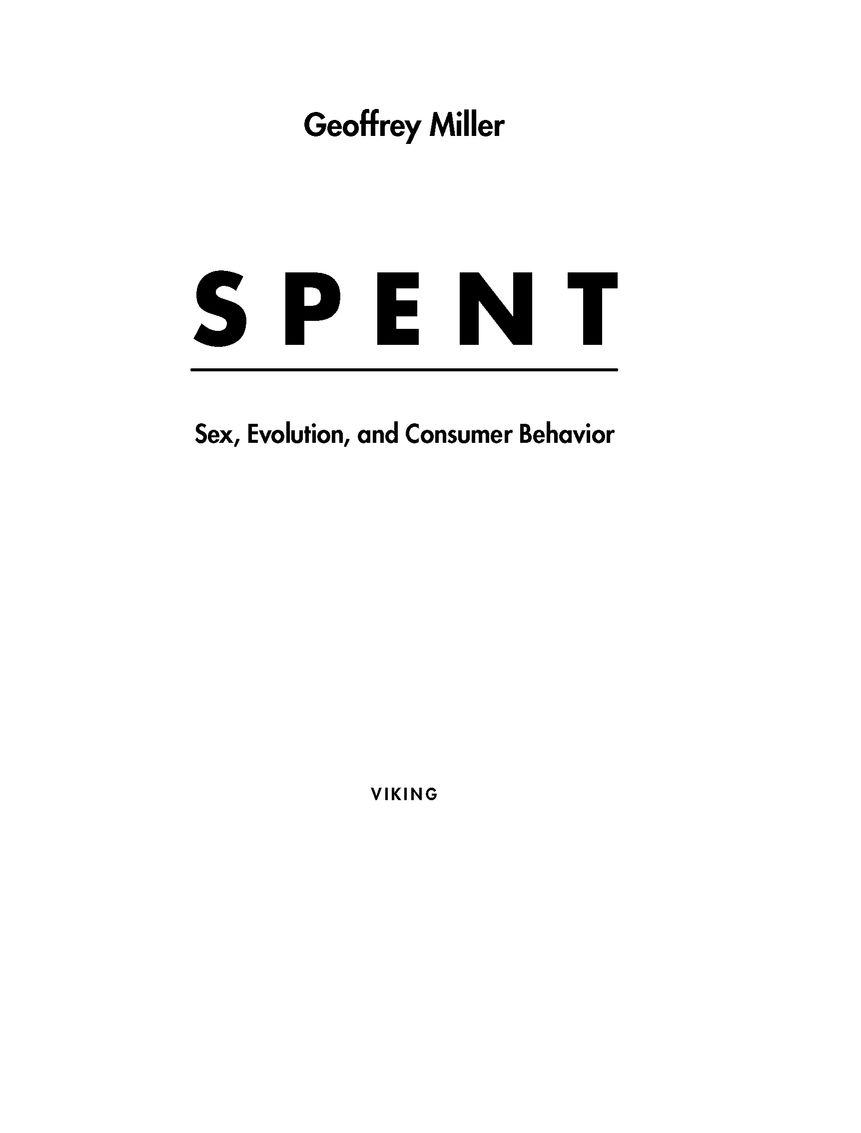Table of Contents
ALSO BY GEOFFREY MILLER
The Mating Mind: How Sexual Choice
Shaped the Evolution of Human Nature
Mating Intelligence: Sex, Relationships,
and the Minds Reproductive System
(coedited with Glenn Geher)
For my daughter, Atalanta Arden-Miller
Darwin Goes to the Mall
CONSUMERIST CAPITALISM: it is what it is, and we shouldnt pretend otherwise.
But what is it, really? Consumerism is hard to describe when its the ocean and were the plankton.
Faced with the unfathomable, we could start by asking some fresh questions. Heres one: Why would the worlds most intelligent primate buy a Hummer H1 Alpha sport-utility vehicle for $139,771? It is not a practical mode of transport. It seats only four, needs fifty-one feet in which to turn around, burns a gallon of gas every ten miles, dawdles from 0 to 60 mph in 13.5 seconds, and has poor reliability, according to Consumer Reports. Yet, some people have felt the need to buy itas the Hummer ads say, Need is a very subjective word.
Although common sense says we buy things because we think well enjoy owning and using them, research shows that the pleasures of acquisition are usually short-lived at best. So why do we keep ourselves on the consumerist treadmillworking, buying, aspiring?
Biology offers an answer. Humans evolved in small social groups in which image and status were all-important, not only for survival, but for attracting mates, impressing friends, and rearing children. Today we ornament ourselves with goods and services more to make an impression on other peoples minds than to enjoy owning a chunk of mattera fact that renders materialism a profoundly misleading term for much of consumption. Many products are signals first and material objects second. Our vast social-primate brains evolved to pursue one central social goal: to look good in the eyes of others. Buying impressive products in a money-based economy is just the most recent way to fulfill that goal.
Many bright thinkers have tried to understand modern consumerism by framing it in a historical context, asking, for example: How did we go from showing off our status with purple-bordered togas in ancient Rome to showing it off with Franck Muller watches in modern Manhattan? How did we go from the 1908 black Model-T Ford to the 2006 Flame Red Pearl Hummer? How did we go from eating canned tuna (about $4 per pound) to eating magical plankton (marine phytoplankton, the ultimate nutrogenomic, supercharged with high-vibration crystal scalar energy healing frequencies$168 for fifty grams, or $1,525 per pound, from Ascendedhealth.com) as a luxury food?
This book takes a different approach from that of historical analysis. It frames consumerism in an evolutionary context, and thus addresses changes across much longer spans of time. How did we go from being small-brained semisocial primates 4 million years ago to being the big-brained hypersocial humans we are today? At the same time it addresses differences across species. Why do we pay so much for plankton, the most common form of biomass on the planet? Blue whales eat four tons of it per day, which would cost $12.2 million per day (plus shipping) from Ascendedhealth.com, if they wanted the nutrogenomic supercharging.
To understand consumerist capitalism, it might help to begin by considering our lives today as our prehistoric ancestors might view them. What would they think of us? Compared with their easygoing clannish ways, our frenetic status seeking and product hunting would look bewildering indeed. Our society would seem noisy, perplexing, and maybe psychotic. To see just how psychotic, lets perform a thought experimentsomething exotic, with time travel and lasers.
From Cro-Magnons to Consumers
This is your mission, should you choose to accept it: Go back thirty thousand years in a time machine. Meet some clever Cro-Magnons in prehistoric France. (Well assume that youll be able to speak their language, somehow.) Explain our modern system of consumerist capitalism to them. Find out what they think of it. Would the prospect of ever-greater prosperity, leisure, and knowledge motivate them to invent agriculture, animal husbandry, walled towns, money, social classes, and conspicuous consumption? Or would they prefer to stagnate at their Aurignacian level of culture, knapping flint and painting caves?
Suppose you agree to this mission, and go back in your time machine. You find some Cro-Mags one evening, and get their attention by passing out a dozen laser pointers for them to play around with. After an hour they settle down, and you give your pitch, explaining that our culture offers a vast cornucopia of goods and services for showing off ones personal qualities in ten thousand new ways to millions of strangers. One acquires these displays of personal merit by buying them with money earned through skilled labor. You promise that if they persist with their flint-knapping obsession, then in just a few millennia their descendants will be able to enjoy sophisticated cultural innovations, such as colonic irrigation and YouTube.
Your talk goes well, and its time to gauge their reaction. You take some questions from the audience. One of the dominant adult males, Grard, has been hooting with enthusiasm, and seems to get the idea. But Grard has some concernsmost sound outrageously sexist to your modern ears, but since they are expressed with genuine curiosity, in the spirit of scientific objectivity you feel obliged to answer them honestly. Grard inquires:
So, Man-from-Future, with this money stuff, I could buy twenty bright young women willing to bear my children?
YOU: No, Grard. Since the abolition of slavery, we cant offer genuine reproductive success in the form of fertile mates for sale. There are prostitutes, but they tend to use contraception.
GRARD: Well, I shall have to seduce the women so they want to breed with me. Can I buy more intelligence and charisma, better abilities to tell stories and jokes, more height and muscularity?
YOU: No, but you can buy self-help books that have some placebo effect, and some steroids that increase both muscle mass and irritability by 30 percent.
GRARD: OK, I will be patient and wait for my sexual rivals to die. Can I buy another hundred years of life?
YOU: No, but with amazing modern health care, your expected life span can increase from seventy years to seventy-eight years.
GRARD: These no-answers anger me, and I feel aggressive. Can I buy advanced weaponry to kill my rivals, especially that bastard Serge, and the men of other kin groups and clans, so I can steal their women?
YOU: Yes. One effective choice would be the Auto Assault-12 shotgun, which can fire five high-explosive fragmenting antipersonnel rounds per second. Ohbut I guess then the rivals and other kin groups and clans would probably buy them, too.
GRARD: So, wed end up at just another level of clan-versus-clan dtente. And there would be more lethal fights among hotheaded male teens within our clan. Then I shall be content with my current mate, Gisellecan I buy her undying devotion, and multiple orgasms so she never cheats on me?
YOU: Well, actually, lovers still cheat under capitalism; paternity uncertainty persists.
GRARD: What about Giselles mother and sistercan I buy them kinder personalities, so they are less critical of my foibles? YOU: Sadly, no.


